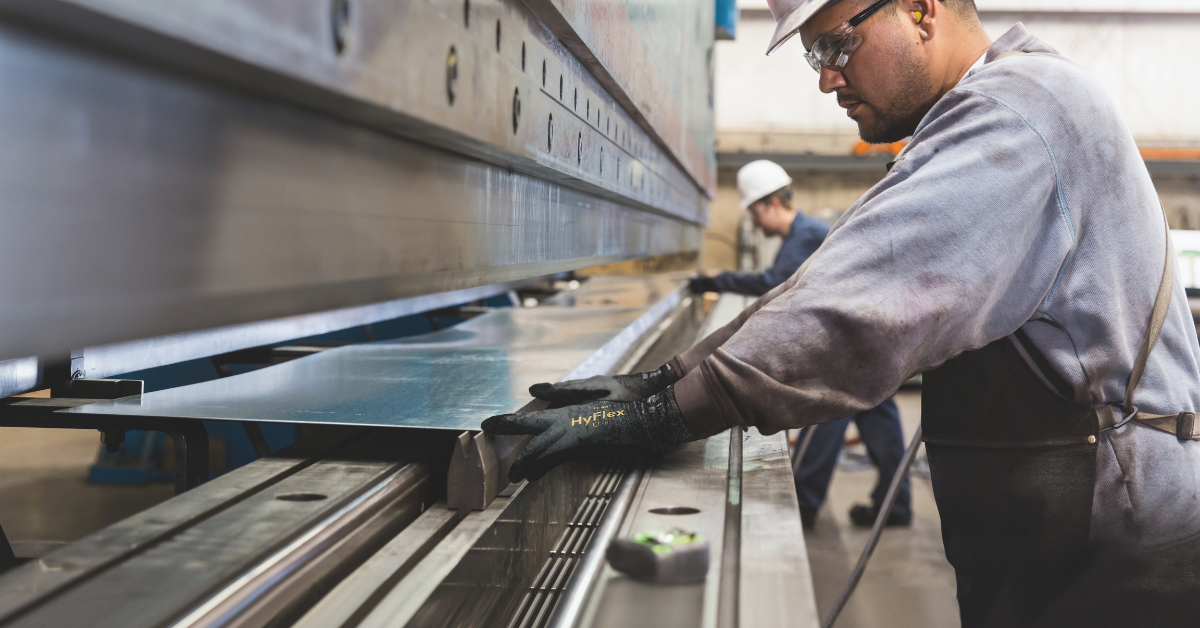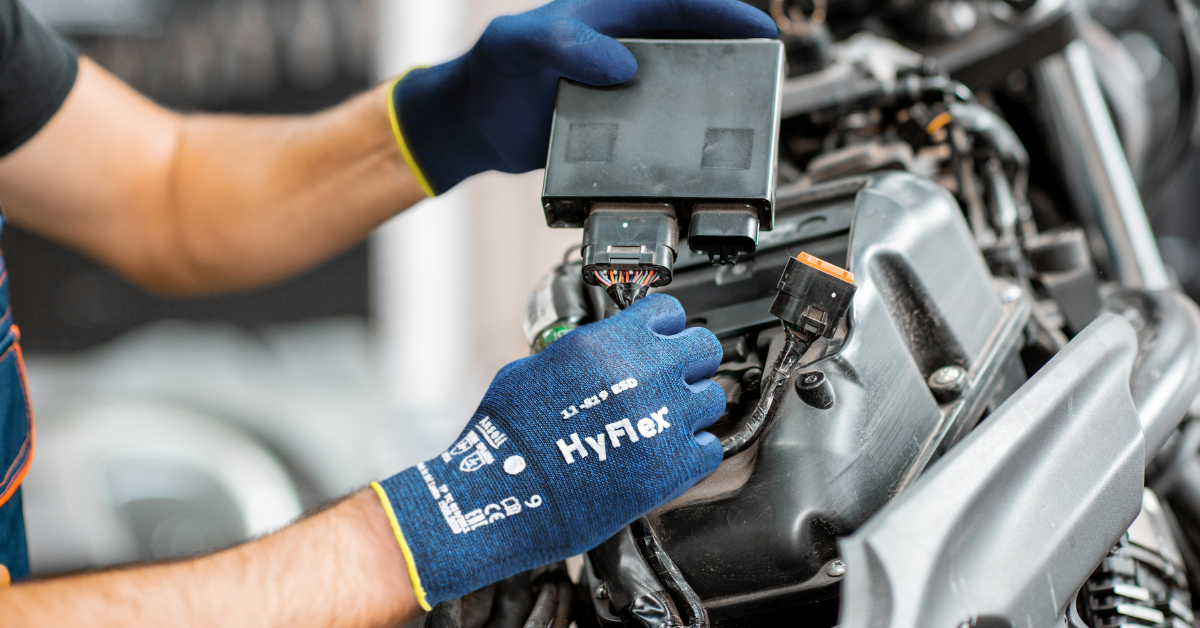Leverage AnsellGUARDIAN for optimum safety and cost savings
One thing almost all manufacturing businesses have in common, no matter what they produce or how they produce it, is the need for protective gloves.
Personal protective equipment (PPE) is often the last line of defence between your workers and a potential hazard. When it comes to choosing hand protection, it’s essential to consider both safety and durability, as well as comfort. After all, a glove is only effective while being worn. If they’re uncomfortable or hinder a worker’s ability to do their job, there’s a greater risk that they’ll take them off.
There is a plethora of different safety gloves on the market today, reflecting the variety of applications and environments where workers need them. Ansell, a leader in protective solutions, provides the following safety tips when choosing and using gloves.
Assess the specific hazards of your workplace and choose gloves that are designed and certified to handle them.
Wear gloves as intended without removing them prematurely.
3. Ensure a proper fit:
Ill-fitting gloves can compromise dexterity and safety.
4. Replacement and care:
Know when gloves are due for replacement and follow proper donning and doffing procedures to ensure longevity.
5. Additional precautions:
Remove jewellery that might snag or tear gloves, stay alert, and use machinery correctly to avoid unnecessary risks.'
One of the considerations when choosing gloves is their cut protection. According to the EN 388 glove standards, cut resistance ratings range from A (minimal risk) to F (extreme risk), along with a rating of 2-30 Newtons. The Newtons refer to the weight needed to cut through the glove material – the more weight, the higher the rating will be. Glove coatings are another important consideration. Coatings such as nitrile and polyurethane (PU) offer different benefits. Glove coatings are another important consideration. Coatings such as nitrile and polyurethane (PU) offer different benefits
Theo Oostveen, Senior Manager of Marketing and Business Development at Ansell, explains, “Nitrile coatings are known for their durability and excellent resistance to abrasives, making them ideal for harsher conditions. On the other hand, PU coatings offer superior flexibility, which are beneficial in precision tasks.”
Related Articles
| Ansell Earth Sustainability Program |
High-Tech Safety Gloves to Suit Every Scenario |
Getting A Grip On Personal Protective Equipment (PPE) |
Ansell HyFlex®: Choose the Right Cut Protection |

One thing almost all manufacturing businesses have in common, no matter what they produce or how they produce it, is the need for protective gloves.

An invisible hazard lurks in many Australian workplaces - electrostatic discharge (ESD). Even a tiny static spark can ignite dust clouds, fluids or...